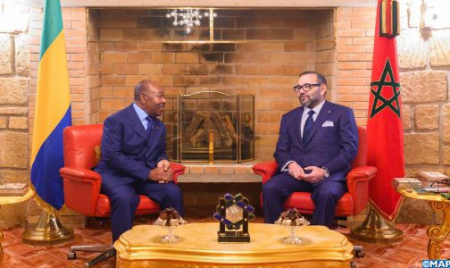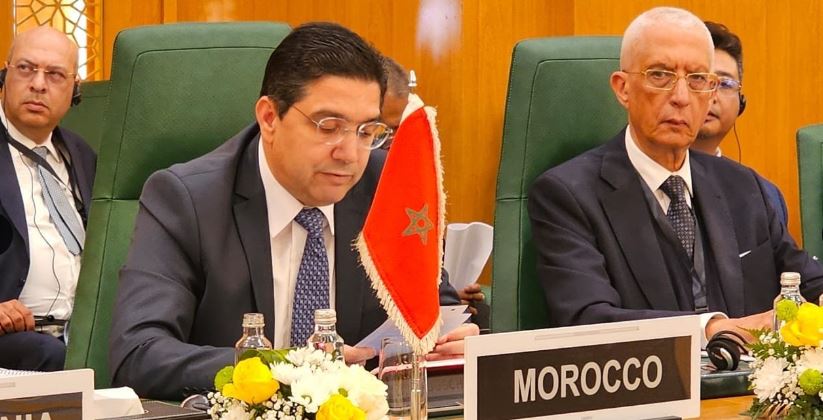Algeria is trying to catch up economically with Morocco in the Sahel. But observers see that Algerian diplomatic blunders are discouraging Sahel countries from engaging with Algiers.
A new chapter of Algeria’s economic warfare was opened when Morocco had offered its ports and infrastructure to give landlocked Sahel countries access to the Atlantic and global trade.
The Algerian president responded by announcing his country’s plan to sign free trade agreements with its southern Sahel neighbors.
He also mentioned old projects that failed to materialize including the Saharan highway linking the country to Nigeria, a fiber optic cable to the Sahel, and the gas pipeline with Nigeria.
These announcements were met with no enthusiasm by Sahel countries where young leaders are taking their distances from the Algerian regime. Ties with Mali are at a near rupture while Niger has refused Algeria’s meddling in its domestic affairs. The new Sahel regimes accuse Algeria of pursuing self-serving policies. Algeria is also blamed by Sahel leaders for condescendence with their countries who are viewed by the military junta in Algiers as a mere backyard or a dumping ground of terrorists.
Weak private sector
Algeria ambitions to be able to compete economically with Morocco in the Shael. But does it have the requirements to do so?
Most Moroccan investments in Africa and the Sahel in particular are led by a vibrant private sector. Moroccan banks have operated subsidiaries in the Sahel for decades and Moroccan cement, telecoms, housing, and insurance companies are well known in the region.
Morocco’s trade with Africa exceeds $6 billion and the continent receives most Moroccan private investments. Plants by phosphates giant OCP across the continent are a brilliant example of a win-win approach to help the continent develop the fertilizers industry and ensure its food security.
On the other hand, Algeria’s economic goals in Africa are hampered by a desire to undermine Morocco rather than to develop trade ties with African countries.
All the projects mentioned by Tebboune are state-led. Some of them such as the Saharan highway or the gas pipeline have stalled for years and there is no sign they will be implemented.
The Algerian weak private sector lacks competitiveness at home where the state controls most big companies.
Algeria depends on gas and oil for 90% of its exports and has little to offer the Sahel from an economic point of view.
Algeria, one of the least diversified economies in the world, has also implemented import restrictions that left its people queuing for basic goods. Sahel countries are right to question how a country with such import restrictions would enter into a free trade agreement?
Algeria’s subsidy policy is another issue that would undermine any free trade agreement. Algeria would end up subsidizing products in the whole Sahel and would encourage smuggling if it does not liberalize its economy first.
Algeria is also among the 14 countries that are yet to join the World Trade Organization on par with North Korea and Eritrea.
Before trying to compete with Morocco economically in the Sahel, Algeria should have launched reforms to diversify its economy and improve the competitiveness of its small private sector.



